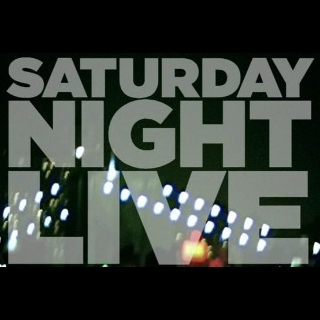Date Posted: May 19, 2011
Print Edition: May 13, 2011
By Trevor Fik (The Cascade) – Email
 For somebody who grew up on Saturday Night Live, the chance to make a pilgrimage to the holy site of studio 8H at Rockefeller Centre is a must. For me, the opportunity came last winter on a trip to New York City, where I was sure to make a studio tour at NBC one of the first things to check off my list in the big apple.
For somebody who grew up on Saturday Night Live, the chance to make a pilgrimage to the holy site of studio 8H at Rockefeller Centre is a must. For me, the opportunity came last winter on a trip to New York City, where I was sure to make a studio tour at NBC one of the first things to check off my list in the big apple.
To say SNL had an effect on me growing up would be an understatement. While people were deciding what they wanted to be when they grew up, I had already decided on a career in law as a result of watching Phil Hartman play the unfrozen cave man lawyer. While people went to church on Sundays, I had my own religious experience with the church lady on Saturday night. And while people relied on their parents to encourage them to do their homework or go to school, I was motivated to avoid living in a van down by the river to continue pursuing my studies.
SNL is currently in its 36th year on the air, and throughout many ups and downs has weathered storms that have claimed many other quality television programs over the past third of a century.
From humble roots and unexpected success in 1975, SNL rose to pop culture prominence on the backs of such notable performers as Chevy Chase, Bill Murray, Dan Akroyd, and Gilda Radner. Throughout the 80s and 90s SNL continued its success by introducing such comedic talent as Eddie Murphy, Will Ferrell, Tina Fey, Amy Poehler, and Mike Myers to world audiences.
The format of the show can be described as a comedy sketch program. When viewing the show, SNL creator Lorne Michaels put it best when he said that SNL should be looked upon as a variety show, where as a viewer you are bound to like a few sketches, hate a couple, and absolutely love one.
If you are going to rate the show as a whole, it is best to do so not on a sketch by sketch basis, but by the overall quality of what is being produced. The current show has the ability to flow between satirical news pieces, musical numbers, and commentary on the current political or pop culture climate with ease.
In its 36th year the show is able to remain as fresh and funny as it did in its first year by keeping the writing funny, and allowing the cast to mesh well together. In order for this to happen there has to be a certain level of chemistry, with each player bringing to the table their own unique set of skills and characters in order for each person to remain relevant.
That being said it is hard to rival the current cast, with the impressions of Jay Pharaoh, the flexibility of Fred Armisen, the hilarity of Bill Hader, and the all-around comedic genius of Kristen Wiig.
The key to SNL’s future success and longevity lies in continuing to do what they have done in the past that has made the show such a resounding success. Keeping the show fresh by not shying away from the issues, refusing to be censored, and relying on the raw energy of new and undiscovered talent to keep the show relevant and exciting will assure that SNL reaches the half century mark and does not fade away in a sea of irrelevancy and crude jokes.


